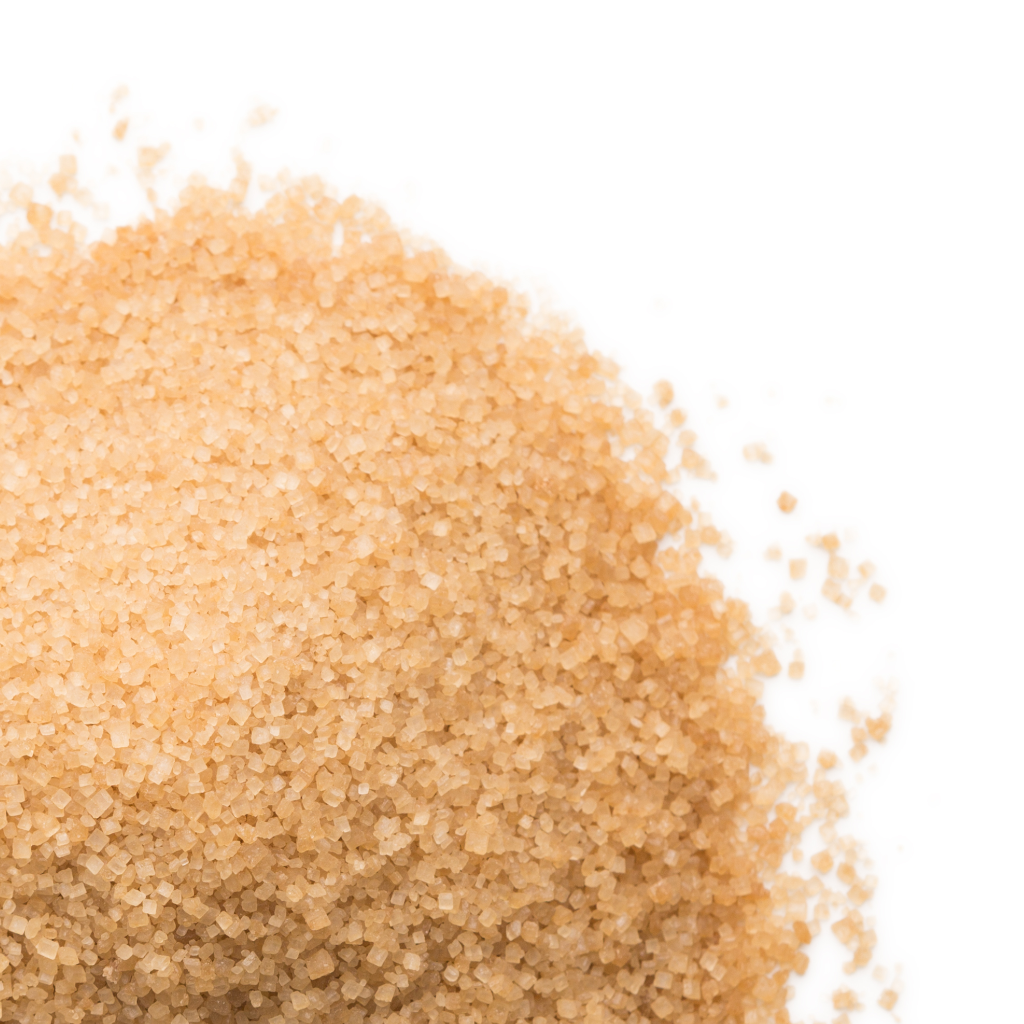The Science Behind Cane Sugar Processing: Just How Sweetness is Refined
A Comprehensive Overview of the Health and Economic Effects of Cane Sugar Processing on Neighborhood Communities
Cane sugar processing plays a pivotal role in shaping the financial landscape of neighborhood communities, supplying employment possibilities and boosting supplementary markets. The health ramifications associated with high sugar consumption can not be neglected, as they contribute to climbing rates of obesity and diabetic issues.
Economic Benefits of Cane Sugar Handling
Walking stick sugar processing uses considerable economic benefits that extend past the instant agricultural industry. The cultivation and handling of sugarcane create various job possibilities, from farming to production and distribution. This work generation not only supports neighborhood economic climates yet also promotes area development by supplying stable revenue resources for families.
Moreover, the sugar market stimulates supplementary services, consisting of transportation, tools supply, and product packaging services (Cane Sugar Processing). As these fields grow, they add to an extra robust financial framework, enhancing general neighborhood strength. The export potential of processed walking cane sugar better intensifies economic advantages, placing regions as competitive players in international markets
Investment in contemporary processing centers can result in boosted performance and effectiveness, therefore decreasing waste and enhancing resource use. This shift not only benefits the neighborhood economic climate however also supports sustainability efforts by decreasing ecological impacts.
Moreover, the revenue generated from walking stick sugar handling can be reinvested in regional facilities, education and learning, and healthcare, advertising holistic area development. Overall, the economic advantages of cane sugar processing are multifaceted, supplying a structure for sustaining success in farming areas.
Health Risks Associated With Sugar Consumption
Too much sugar consumption poses considerable health and wellness risks that call for severe interest. High consumption of added sugars, particularly from processed foods and drinks, has actually been linked to numerous health and wellness complications.
Furthermore, high sugar consumption is connected with heart disease. Elevated blood sugar level levels can cause insulin resistance, a forerunner to various heart-related problems. Additionally, sugar can have detrimental results on oral health and wellness, leading to cavities and periodontal condition, as microorganisms in the mouth grow on sugar, creating acids that wear down tooth enamel.
Furthermore, arising research recommends a potential link in between high sugar usage and mental health and wellness conditions, such as anxiety and anxiety. As areas grapple with these health and wellness risks, it ends up being vital to advertise recognition and urge much healthier nutritional options. Addressing sugar usage is essential not only for private health however likewise for the general well-being of local areas, emphasizing the demand for comprehensive public health techniques.
Environmental Impacts of Sugar Production
Frequently ignored in conversations regarding sugar's ramifications is the considerable ecological effect of sugar production. The cultivation of sugarcane typically necessitates comprehensive land use, bring about logging, loss of biodiversity, and interruption of local environments. The conversion of woodlands and wetlands right into sugar plantations can result in habitat destruction, harmful countless types and changing ecological equilibrium.
Additionally, sugar production is resource-intensive, consuming substantial amounts of water for watering. This can result in deficiency of neighborhood water resources, adversely influencing both farming methods and area access to tidy water. In addition, using chemical fertilizers and pesticides in sugarcane farming can add to soil destruction and water air pollution, as drainage from these chemicals gets in close-by rivers and lakes, influencing marine life and human health.
The ecological footprint includes the processing stage, where power consumption and waste generation additional aggravate ecological problems. Air pollution from shedding sugarcane areas, in addition to greenhouse gas discharges, add to climate adjustment. As such, the environmental ramifications of sugar manufacturing warrant serious consideration, advising stakeholders to adopt even more lasting methods to reduce these damaging effects on regional communities and areas.
Job Creation and Area Development
The environmental challenges positioned by sugar production are usually counterbalanced by its potential for financial advantages, particularly in task development and community advancement. The walking stick sugar market acts as a considerable source of employment in numerous backwoods, providing jobs throughout numerous ability levels, from agricultural labor to processing and distribution roles. This employment not only supports individual households yet likewise adds to the general financial vitality of neighborhood neighborhoods.
Moreover, the facility of sugar handling centers promotes supplementary companies, such as transportation services, tools supply, and maintenance providers. As these organizations thrive, see this site they develop added tasks and boost local economies. The income created from the sugar market also results in enhanced tax obligation incomes, which can be reinvested right into social work such as health care, facilities, and education and learning advancement.
In addition, the sugar industry typically participates in area advancement initiatives, such as supporting local institutions and health and wellness programs, therefore boosting the high quality of life for homeowners. By cultivating solid community ties and promoting economic development, the cane sugar processing industry plays an important role in uplifting local populaces, making it a vital element of sustainable advancement approaches in sugar-producing areas.
Harmonizing Health And Wellness and Economic Development
In browsing the complexities of cane sugar handling, an essential obstacle lies in stabilizing health considerations with financial development. The sugar market considerably adds to regional economies by creating work, boosting related industries, and raising tax incomes. Nonetheless, the health effects connected with too much sugar usage can lead to persistent illness such as obesity, diabetic issues, and cardiovascular issues, which can burden public wellness systems and diminish labor force efficiency.

Moreover, governing frameworks can play a crucial role in guiding market techniques towards more health-conscious and sustainable strategies. By promoting cooperation between government bodies, health and wellness companies, and website here the sugar market, communities can browse the duality of health and financial growth, guaranteeing that the benefits of walking cane sugar handling are equitably shared while focusing on public wellness.
Final Thought
In verdict, the handling of cane sugar offers both this link considerable financial benefits and significant health and wellness threats for regional neighborhoods. While it promotes task creation and stimulates local advancement, the affiliated wellness issues, particularly concerning weight problems and diabetic issues, necessitate a mindful balancing act. By promoting liable usage and investing in community education and learning and lasting practices, it is feasible to make best use of financial advantages while reducing unfavorable wellness impacts, consequently guaranteeing a much healthier future for regional populaces.
Furthermore, sugar can have destructive effects on dental health and wellness, resulting in cavities and gum tissue condition, as bacteria in the mouth prosper on sugar, producing acids that erode tooth enamel.
Addressing sugar usage is important not just for private health however additionally for the general well-being of regional areas, emphasizing the requirement for extensive public wellness approaches.
Frequently forgotten in conversations about sugar's ramifications is the considerable ecological impact of sugar manufacturing. The wellness implications connected with too much sugar intake can lead to persistent diseases such as excessive weight, diabetes, and cardiovascular problems, which can problem public wellness systems and diminish workforce efficiency.
